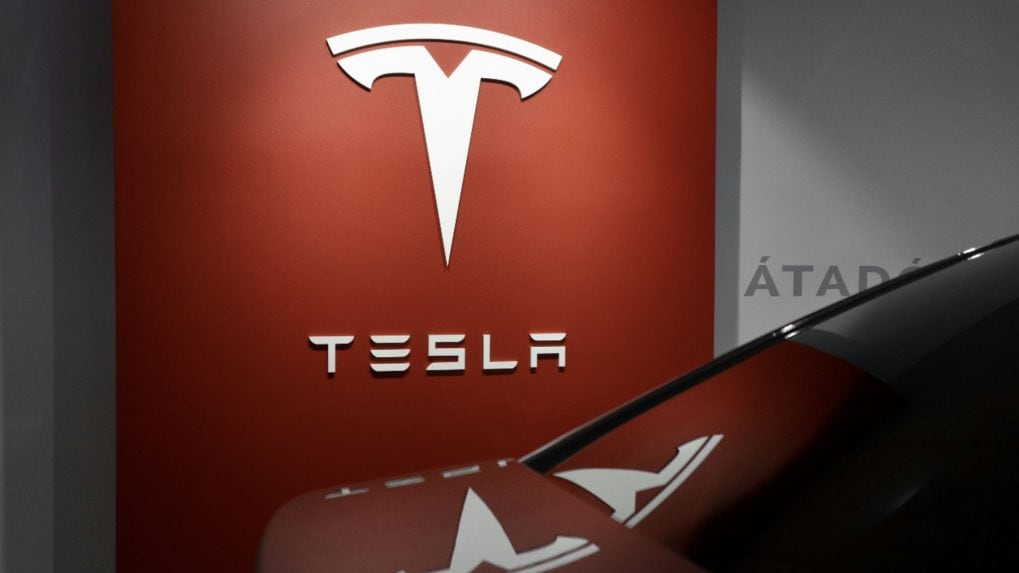Tesla's India debut falters with just 600 orders against 2,500-car target
The company now plans to ship between 350 and 500 vehicles to India this year, with the first batch arriving from Shanghai in early September.
ADVERTISEMENT
Tesla Inc.'s highly anticipated entry into India is off to a rocky start, with bookings falling short of expectations, Bloomberg reported.
Since launching sales in mid-July, the Elon-Musk-led electric vehicle maker has received just over 600 confirmed orders, according to people familiar with the matter, the report added. That's roughly the number of cars Tesla delivers globally in just four hours.
Also Read: Tesla expands India presence with second showroom in Delhi's Aerocity
The company now plans to ship between 350 and 500 vehicles to India this year, with the first batch arriving from Shanghai in early September.
Deliveries will initially be restricted to Mumbai, Delhi, Pune, and Gurugram, based on confirmed full payments and Tesla's limited infrastructure footprint in India.
Tesla had originally targeted its full 2,500-car annual import quota for 2025, Bloomberg News earlier reported. However, high local import duties - as steep as 110% - have pushed up prices significantly. The entry-level Model Y starts above Rs 6 million ($68,000), nearly three times the Rs 2.2 million price point where most EV sales in India occur, according to auto intelligence firm JATO Dynamics.
Also Read: Tesla’s brand loyalty takes a hit after Musk’s Trump endorsement: Report
India's EV market remains nascent, with electric vehicles accounting for just over 5% of total car sales. While Tesla had hoped its global brand power and Elon Musk's past ties with Donald Trump would give it an edge, deteriorating US-India trade relations have complicated the outlook.
Trump's decision to impose 50% tariffs on Indian exports has further dimmed the prospects of tariff relief for Tesla imports, the report added.
A possible India-Europe trade deal, which could have enabled Tesla to ship vehicles from its German plant at lower duties, is also yet to materialize.
To be sure, Tesla's numbers are notable within the ultra-premium EV niche. In the first half of 2025, just 2,800 electric cars prices between Rs 4.5 million and Rs 7 million were sold in India, JATO data shows, as per the report.
Still, the tepid response underscores the uphill battle Tesla faces as it seeks to expand beyond its core markets in the US and China, where sales slipped 13% last quarter and pressure is mounting to avoid another year of decline.
Also Read: Tesla to open flagship NCR store at Aerocity’s Worldmark 3


